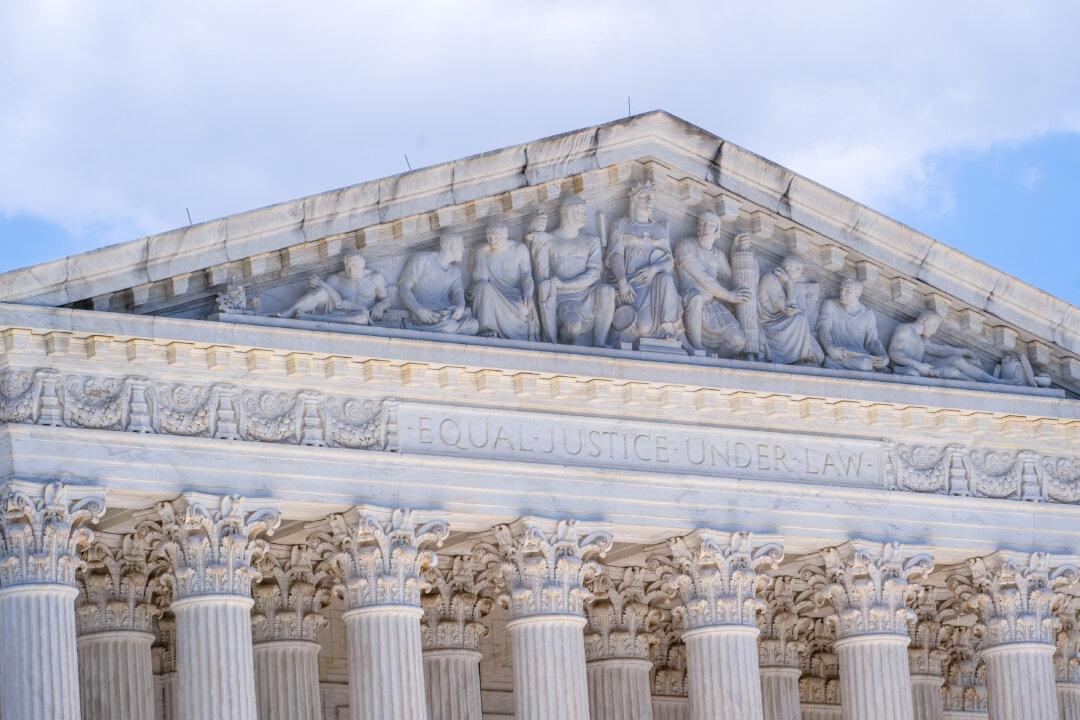The Supreme Court has agreed to consider whether three offenders dubbed the “Scarecrow Bandits,” whose crimes predate a Trump-era criminal justice reform law, should benefit from the law’s lower mandatory minimum sentences.
The nickname for the individuals originated with FBI agents who said during early robberies that the offenders dressed in loose shirts and floppy hats.





